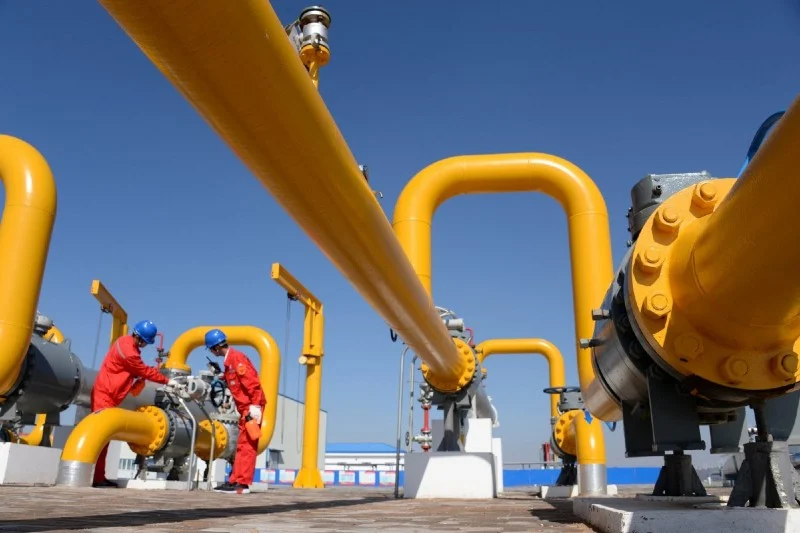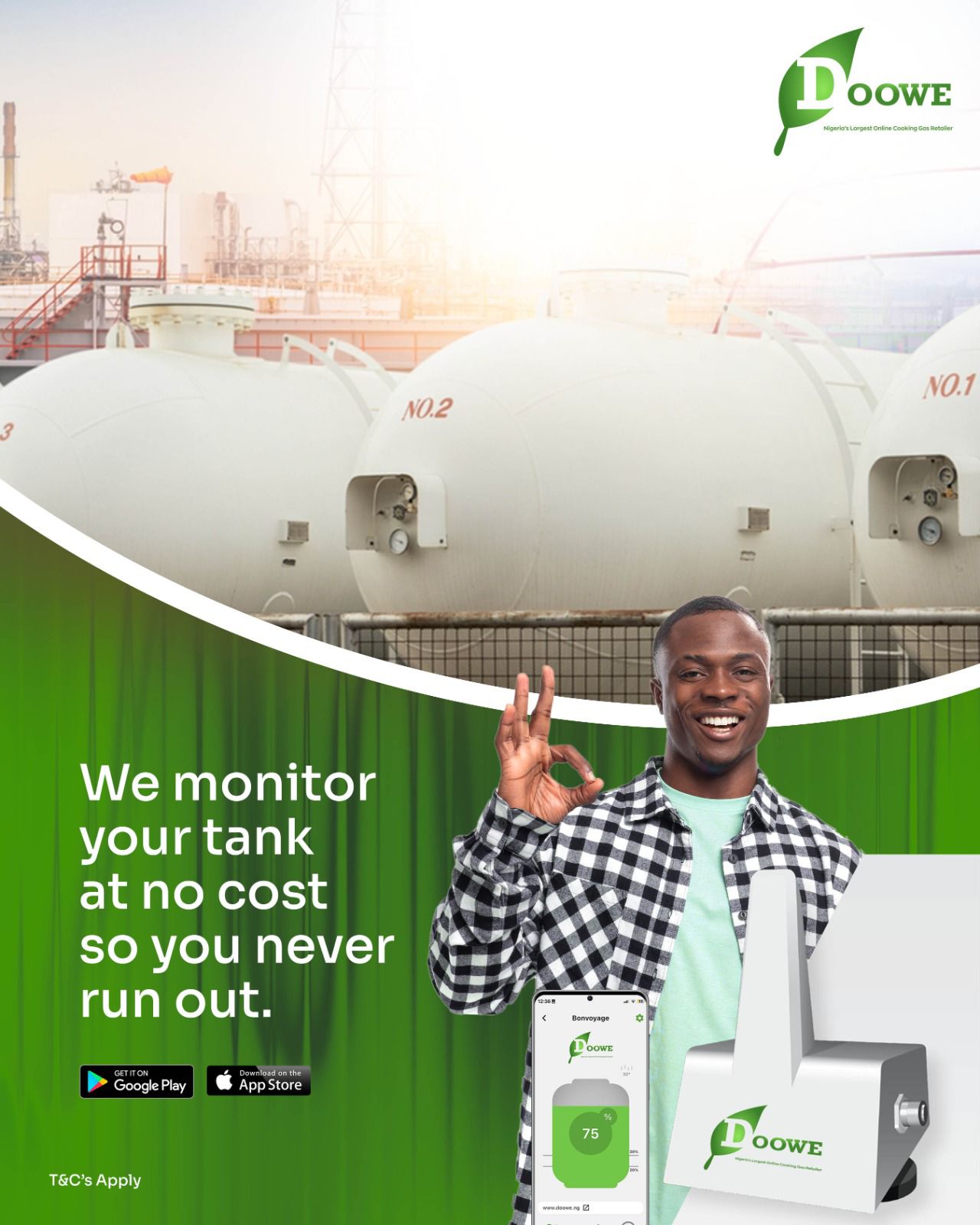The $25 billion Nigeria-Morocco Atlantic Gas Pipeline project has reached critical milestones following high-level meetings in Rabat, positioning the 6,000-kilometer infrastructure initiative for imminent implementation, northafricapost. reports.
It will be recalled that in December 2024, West African leaders approved the Intergovernmental Agreement during the 66th CEDEAO Summit, spelling out each country’s rights and responsibilities for the project.
Morocco’s Minister of Energy Transition Leïla Benali announced the launch of the pipeline’s first phase connecting Nador to Dakhla before July’s end, representing a $6 billion investment in what will become the project’s North-South backbone.
This Moroccan segment marks the transition from planning to operational reality for the continental megaproject.
The pipeline will start in Nigeria and run along the Atlantic coast through Benin, Togo, Ghana, Côte d’Ivoire, Liberia, Sierra Leone, Guinea, Guinea-Bissau, Gambia, Senegal, and Mauritania before reaching Morocco.
The infrastructure will transport up to 30 billion cubic meters of gas annually, serving both African markets and European consumers through connections to existing pipeline networks.
Technical achievements include completed feasibility studies, finalized environmental impact assessments for northern sections, and the recent addition of Togo’s SOTOGAZ as the final national partner.
The project, jointly led by Morocco’s ONHYM and the Nigerian National Petroleum Company Limited (NNPCL), embodies Morocco’s Atlantic Initiative vision for integrated West African development.
The African Atlantic Gas Pipeline Project, estimated at about $26 billion and spanning from Nigeria through multiple ECOWAS countries to Morocco, promises transformative impacts beyond energy supply.
The infrastructure will provide electricity access to over 500 million Africans, catalyze industrial development including aluminum processing in Guinea, and potentially transport green hydrogen from Morocco to European markets.
Financial structuring shows encouraging progress with the United Arab Emirates among interested investors.
Project profitability exceeding 12 per cent has attracted specialized funds and international financial institutions, validating the economic viability of this strategic infrastructure that will reshape Africa’s energy landscape for generations
Source: orientalnewsng.com





